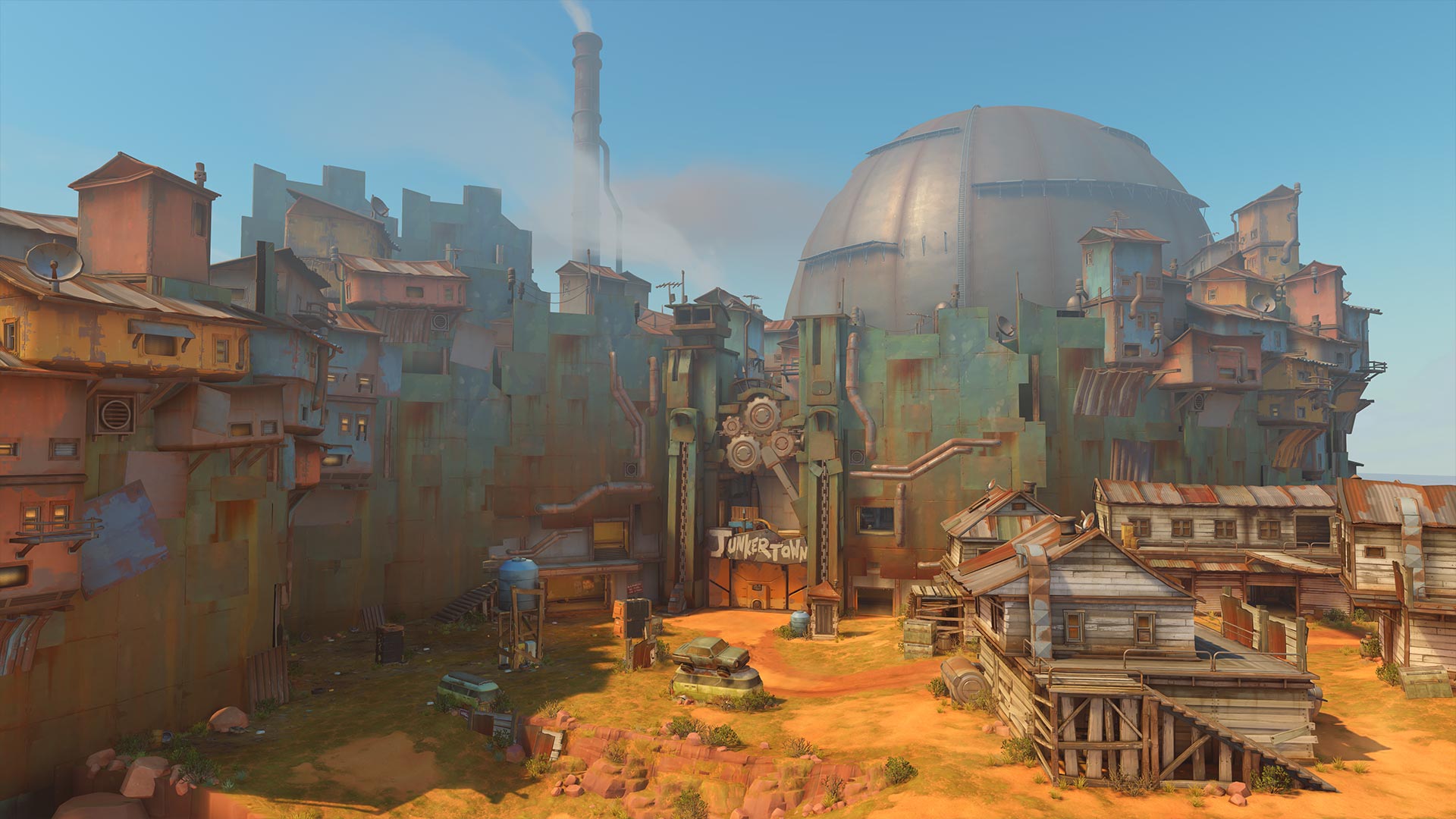Blizzard’s Jeff Kaplan recently made a forum post talking about the dedication of the Overwatch team. Most read it (correctly) as a statement of enthusiasm or a discussion of the entitled mentality of a segment of the fanbase. But Kaplan also mentioned that “Overwatch is a 24/7, 365 day year affair for us…[it] doesn’t stop because it’s 5 o’clock on a Friday evening [or] because it’s our kid’s birthday.” He referred to “feeling extremely fatigued,” which had caused him to wake up at 6:30am instead of his usual 5:40.
Though Kaplan’s intent was surely to show how he and his team love Overwatch, his comments are meaningful in the wider context of the industry’s crunch problem and our society’s overall glorification of overwork. They not only show a lack of work-life balance but imply, to a wide audience of impressionable fans, that this is simply what it takes to make a successful game. It’s normalising and legitimising and harmful.
So, I did what any responsible internet citizen would do. I made a strongly worded tweet.
Responses varied wildly. Some insisted from alleged personal experience that Blizzard’s company culture strongly discourages overwork, (though others disagreed equally vehemently) so it’s important to note here that I am not targeting any one company. The problem is industry- and culture-wide, as evidenced by the sizeable minority of tweeters who couldn’t understand the problem with being dedicated to work 24/7/365. A smaller minority were furious that a woman would have an opinion online, because of course. (A larger group were patronising. Because of course.)
Among all of this, a single response stood out: what can we do about this?
Get educated
It’s easy to feel powerless under the gears of the industry, and the hulking spectre of late-stage capitalism generally. If worker exploitation is so rampant, how can we hope to make change?
Firstly, we need to be able to recognise overwork. In his forum post, Kaplan sounds dedicated. Admirable, even. Besides, perhaps he was exaggerating. Perhaps he usually gets eight hours of sleep and only thinks about Overwatch in his time off because he’s so excited to get back to the job that he loves. Maybe he was only fatigued from a passing illness. (Ignore the effects of overwork-induced-stress on the immune system for a moment.)

But even if so, his words encourage a vast audience, including young people who want nothing more than to become game developers, to be reckless with their health and wellbeing. It gives the impression that working constantly, and to extreme fatigue, is normal, or even necessary.
This is a harmful enough notion on its own, but considering that part of what fuels low working standards in the industry is a constant supply of eager new employees, its potential impact is even worse.
In other words, being educated in how this kind of culture operates is important for recognising latent harm in statements that otherwise seem innocuous. Luckily there’s a lot of really good writing on the subject, and plenty of people telling their stories first hand to listen to (and support).
A side benefit here is being able to notice your own glorification of overwork. There’s a dangerous pressure to be productive at the expense of your own health (again, capitalism really has its teeth into us). Taking care of yourself and encouraging others to do the same is incredibly vital to preventing burnout. Normalising downtime, mental health breaks, and good balance is crucial.
Support Unions
When SAG-AFTRA voice actors went on strike, many were reluctant to side with them; feeling that developers needed better standards, too. This is reasoning based in truth, but it needs another step; all workers in the industry (and beyond) ought to be unionised. Voice actors standing up for their rights doesn’t negate that fact.
And strikes need our support. When Life is Strange: Before the Storm’s developers recast Chloe Price rather than negotiating, there was some backlash from fans. Yet Episode One was released to deafening silence. Most of games media praised the game without bringing up its labour issues. It has “overwhelmingly positive” reviews on Steam, a platform that sees review bombs for DMCA takedowns and VPN adverts, but apparently not for exploitative working practices. Obviously, review bombing isn’t a solution here, but workers’ rights need to become part of the conversation to allow people to make good purchasing decisions.

Admittedly, voting with your wallet isn’t as straightforward as not buying certain games, especially when most games are made with exploitative practices. Plus, when it comes to Life is Strange in particular, Deck Nine and Square Enix may have interpreted low sales as a lack of interest in queer female protagonists rather than a condemnation of strikebreaking. But in the same way that a groundswell of rhetoric around diversity has led to some baby-step progress, we can attempt to influence the culture of games labour.
With the SAG-AFTRA strike at a tentative end, these discussions may dry up. But many of their demands remain unmet; developers are still expected to crunch for months on end; and many still don’t recognise overwork, let alone its damaging effects. As a community, the least we can do is be vocal about demanding better for those creating the games that we love.
Jay Castello
Latest posts by Jay Castello (see all)
- Assassin’s Creed: Origin’s Discovery Tour Mode is Great - February 23, 2018
- Celeste’s Assist Mode Brings Welcome Accessibility Options - January 25, 2018
- Overwatch Finally Sent Me A Notification About an Abuse Report - January 12, 2018
